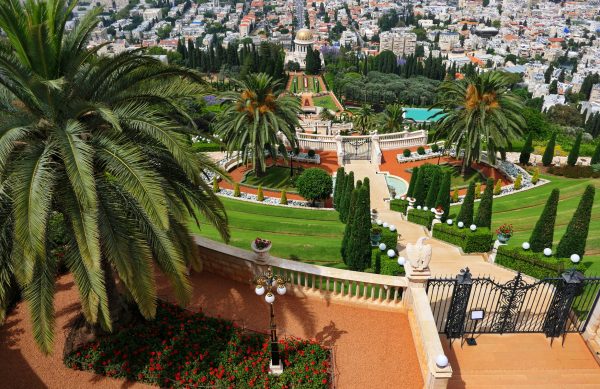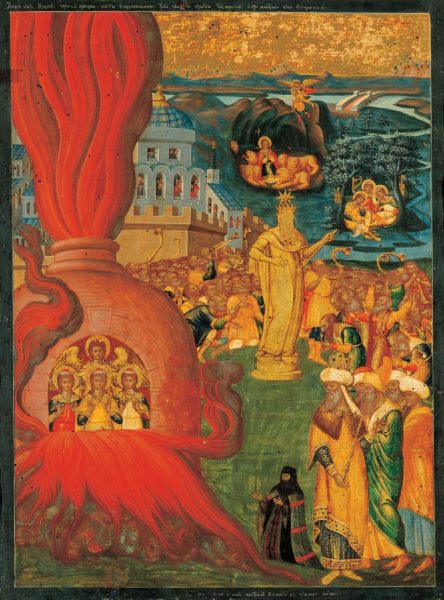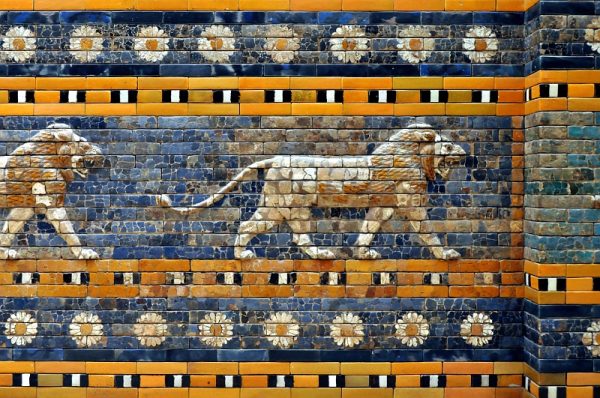
[nx_spacer size=”5″]Wieder sind mir beim Bibellesen (Daniel Kap. 4) drei Dinge klar geworden:
(1) Dass Hochmut vor dem Fall kommt, wird beim König Nebukadnezar von Babylon so anschaulich beschrieben, wie man es besser nicht machen kann. Bei seinen Worten musste ich an heutige Persönlichkeiten denken, die in jeder Rede und in jedem Tweet die Botschaft verbreiten: “Schaut her, was ich geleistet habe! Ich bin der Größte!”
(2) So tief jemand fallen mag: Gott kann jedem helfen, wieder aufzustehen, der sich aufrichtig an ihn wendet. So war es nicht nur bei Nebukadnezar der Fall, sondern auch bei König David (nach seinem Ehebruch und Mord).
(3) Je deutlicher mir die Größe Gottes bewusst wird, desto kleiner wird mein Bedürfnis, mich und mein Können zur Schau zu stellen.
![]()
Pride goes before a fall (Daniel 4)
As I read chapter 4 of Daniel in the Bible I noticed three things:
(1) That pride comes before the fall is described so vividly by King Nebuchadnezzar of Babylon that it could not be done better. In his words I had to think of contemporary personalities who in every speech and every tweet spread the message: “Look what I have accomplished! I am the greatest!”
(2) As deep as someone may fall, God can help anyone who sincerely turns to Him to rise again. This was the case not only with Nebuchadnezzar, but also with King David (after his adultery and murder).
(3) The more clearly I become aware of the greatness of God, the smaller my need to show myself and my abilities becomes.
![]()
El orgullo precede a la caída (Daniel 4)
Mientras leía el capítulo 4 de Daniel en la Biblia me dí cuenta de estas tres cosas:
(1) Que el orgullo precede a la caída se vé claramente ilustrado en la vida del Rey Nabucodonosor de Babilonia. Al leer sus engreídas palabras tuve que pensar en personalidades contemporáneas que en cada discurso y en cada tweet proclaman: “¡Mirad lo que he logrado! ¡Soy el más grande del mundo!”
(2) Por más profundo que alguien caiga, Dios puede ayudar a levantarse a quien sinceramente se vuelve a Él y le pide ayuda. Este fue el caso no sólo de Nabucodonosor, sino también del Rey David (después de cometer adulterio y un asesinato).
(3) Cuanto más me doy cuenta de la grandeza de Dios, menor es mi afán de auto-presentarme y de exhibir mis logros y capacidades.



